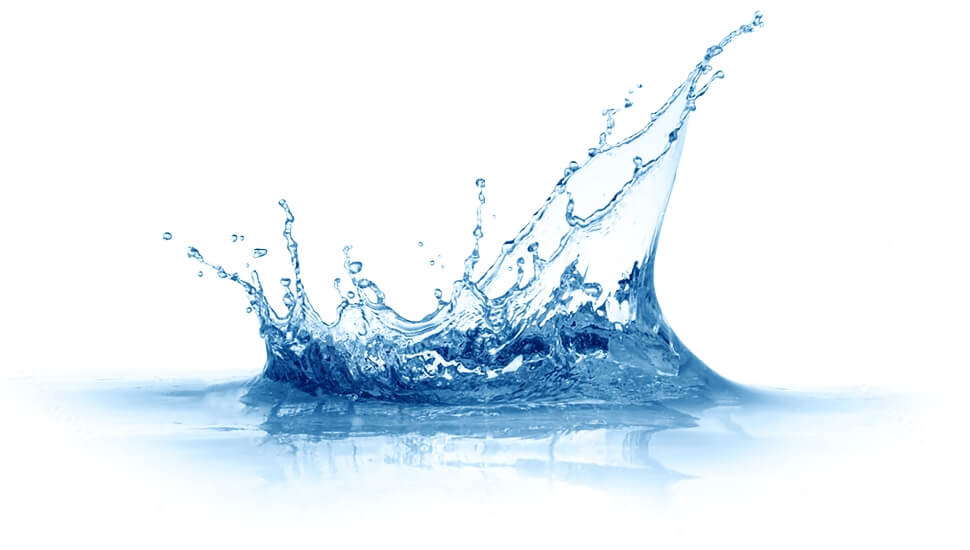What about reverse osmosis filters and why don't you sell systems with this technology?

The reverse osmosis (RO) filters is a filtration technology used to remove various contaminants from water, such as dissolved salts, heavy metals and microorganisms. This process involves the use of a semi-permeable membrane that allows water to pass through but holds back contaminants. These filters have significant disadvantages.
Negatives of Reverse Osmosis Filters
- Remove Necessary Metallic Elements
- Reverse osmosis filters remove not only harmful pollutants but also essential minerals such as calcium and magnesium. This makes the water distilled and deionized, i.e. unhealthy and undrinkable. For example, the instructions of a Super Market deionized water from the Super Market state that this water should not be consumed.
- Impact on Health
- Acidity and removal of metallic salts from the body: Water without mineral salts contains more hydrogen, which is acidic with a pH lower than 7. When consuming acidic substances, the body removes minerals from the teeth and bones to balance the acid. This can lead to loss of calcium from the spine and teeth, with devastating health consequences.
- Increase Free Radicals: It has been shown that when body fluids become acidic from alkaline, the production of free radicals increases, increasing the chances of cancer.
- Efficacy against Microorganisms
- Reverse osmosis filters do not effectively prevent bacteria and viruses. This can lead to contamination of the treated water, especially when the membrane becomes fouled and its performance decreases over time.
- Waste of water
- RO systems waste a large amount of water. For every 1 litre of treated water, 3 to 5 litres of water are consumed and spilled, which is inefficient and environmentally unfriendly.
- Toxin release
- The crushing of microorganisms in the membranes of RO filters can cause the release of dangerous toxins in the treated water, with serious health effects, especially for children and adults.
- Low Water Pressure
- Reverse osmosis systems require high pressure to work effectively. In areas with low water pressure, the use of pumps may be necessary, further increasing the cost and complexity of the installation.
- Risk of Water Leakage
- Reverse osmosis systems are usually installed under the kitchen counter. This increases the risk of water leakage, which can cause damage to the cabinetry and kitchen floor, in addition to the impact it can have on water quality.
- Filtering time
- The reverse osmosis filtration process is slow. This means that these systems cannot produce large quantities of clean water in a short period of time, which can be problematic for families or businesses with high water demands.
- Change the taste of water
- The removal of all solutes can affect the taste of the water. Many people find that water filtered by reverse osmosis tastes flat or tasteless, as it lacks the natural minerals that contribute to its taste.
Why the Camelot® does not sell Reverse Osmosis Systems
Η Camelot® has chosen not to offer reverse osmosis systems for the following reasons:
- Preservation of essential metallic elements
- Η Camelot® emphasizes the preservation of natural minerals in water. The filters it uses retain these elements, ensuring clean and healthy water.
- Health protection
- Taking into account the impact of deionised water consumption, the Camelot® prefers technologies that do not remove essential minerals, keeping the health of consumers at the forefront.
- Ecological Approach
- Environmental sensitivity is a basic policy of the company. The large waste of water involved in the use of RO systems is contrary to the principles of Camelot®, which favours solutions that promote sustainability and reduce the waste of natural resources.
- Economic Efficiency
- Η Camelot® seeks to provide cost-effective solutions. Filters with lower maintenance costs and longer lifetime are more attractive and affordable for consumers.
- Simplicity and practicality
- The filtering systems of the Camelot® are designed to be easy to use and require minimal maintenance, ensuring customer satisfaction and consistency in water quality.
Conclusion
Η Camelot®, with its commitment to quality, sustainability and cost-effectiveness, has chosen not to offer RO systems, preferring technologies that retain essential minerals, is more environmentally friendly and more financial for the consumers.
ATTENTION Water from reverse osmosis systems that produces distilled water is suitable for use in batteries, irons, bathing and dishwashing, but not for drinking.



